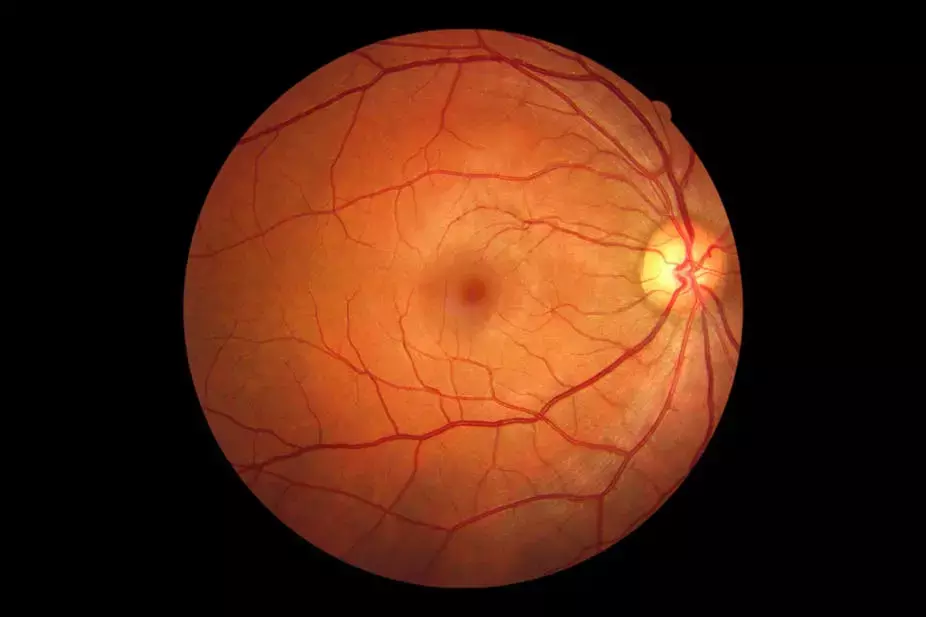- Home
- Medical news & Guidelines
- Anesthesiology
- Cardiology and CTVS
- Critical Care
- Dentistry
- Dermatology
- Diabetes and Endocrinology
- ENT
- Gastroenterology
- Medicine
- Nephrology
- Neurology
- Obstretics-Gynaecology
- Oncology
- Ophthalmology
- Orthopaedics
- Pediatrics-Neonatology
- Psychiatry
- Pulmonology
- Radiology
- Surgery
- Urology
- Laboratory Medicine
- Diet
- Nursing
- Paramedical
- Physiotherapy
- Health news
- Fact Check
- Bone Health Fact Check
- Brain Health Fact Check
- Cancer Related Fact Check
- Child Care Fact Check
- Dental and oral health fact check
- Diabetes and metabolic health fact check
- Diet and Nutrition Fact Check
- Eye and ENT Care Fact Check
- Fitness fact check
- Gut health fact check
- Heart health fact check
- Kidney health fact check
- Medical education fact check
- Men's health fact check
- Respiratory fact check
- Skin and hair care fact check
- Vaccine and Immunization fact check
- Women's health fact check
- AYUSH
- State News
- Andaman and Nicobar Islands
- Andhra Pradesh
- Arunachal Pradesh
- Assam
- Bihar
- Chandigarh
- Chattisgarh
- Dadra and Nagar Haveli
- Daman and Diu
- Delhi
- Goa
- Gujarat
- Haryana
- Himachal Pradesh
- Jammu & Kashmir
- Jharkhand
- Karnataka
- Kerala
- Ladakh
- Lakshadweep
- Madhya Pradesh
- Maharashtra
- Manipur
- Meghalaya
- Mizoram
- Nagaland
- Odisha
- Puducherry
- Punjab
- Rajasthan
- Sikkim
- Tamil Nadu
- Telangana
- Tripura
- Uttar Pradesh
- Uttrakhand
- West Bengal
- Medical Education
- Industry
Decreased retinal nerve thickness predicts risk for clinically progressive depression: JAMA Study

According to a new study, having a thinner retinal nerve fiber layer (RNFL) is related with a greater frequency of clinically significant depressed symptoms and more depressive symptoms over time. As a result, neurodegeneration may be linked to the early pathobiology of late-life depression.
This study was performed by Frank C. T. van der Heide and team, results of which are published in the Journal of American Medical Association on 16th November, 2021.
The objective of this study was to see if decreased RNFL thickness, a marker of neurodegeneration, is linked to the occurrence of clinically significant depressed symptoms and the progression of depressive symptoms over time.
The Maastricht Study is a population-based cohort study from the Netherlands with baseline examinations between 2010 and 2020 and a median (IQR) follow-up of 5.0 (3.0-6.0) years. The participants were drawn from the general population. By purpose, those with type 2 diabetes were oversampled. From September 2020 through January 2021, data was analyzed. Depressive symptoms were measured using the Patient Health Questionnaire (PHQ)–9 (continuous score, 0-27) at baseline and annually afterwards in this study. A PHQ-9 score of 10 or above indicated the existence of clinically meaningful depression symptoms.
At the end of this study, after controlling for demographic, lifestyle, and cardiovascular risk factors, this population-based cohort study of 4934 participants discovered that lower retinal nerve fiber layer thickness, an index of neurodegeneration, was significantly associated with higher incidence of clinically relevant depressive symptoms and more depressive symptoms over time.
In conclusion, the current population-based cohort study discovered that decreased RNFL thickness was linked with a greater prevalence of clinically meaningful depressed symptoms and an increase in depressive symptoms with time. As a result, neurodegeneration may play a role in the early pathobiology of late-life depression, and monitoring retinal neurodegeneration may provide a technique of identifying individuals at risk for late-life depression.
Reference: van der Heide FCT, Steens ILM, Geraets AFJ, et al. Association of Retinal Nerve Fiber Layer Thickness, an Index of Neurodegeneration, With Depressive Symptoms Over Time. JAMA Netw Open. 2021;4(11):e2134753. doi:10.1001/jamanetworkopen.2021.34753
Medical Dialogues consists of a team of passionate medical/scientific writers, led by doctors and healthcare researchers. Our team efforts to bring you updated and timely news about the important happenings of the medical and healthcare sector. Our editorial team can be reached at editorial@medicaldialogues.in.
Dr Kamal Kant Kohli-MBBS, DTCD- a chest specialist with more than 30 years of practice and a flair for writing clinical articles, Dr Kamal Kant Kohli joined Medical Dialogues as a Chief Editor of Medical News. Besides writing articles, as an editor, he proofreads and verifies all the medical content published on Medical Dialogues including those coming from journals, studies,medical conferences,guidelines etc. Email: drkohli@medicaldialogues.in. Contact no. 011-43720751


